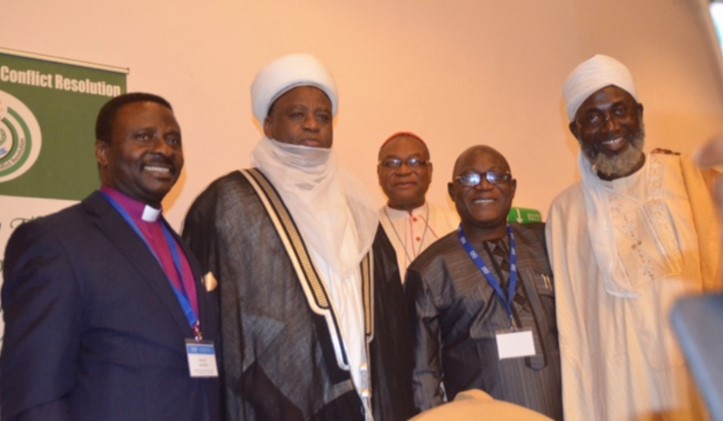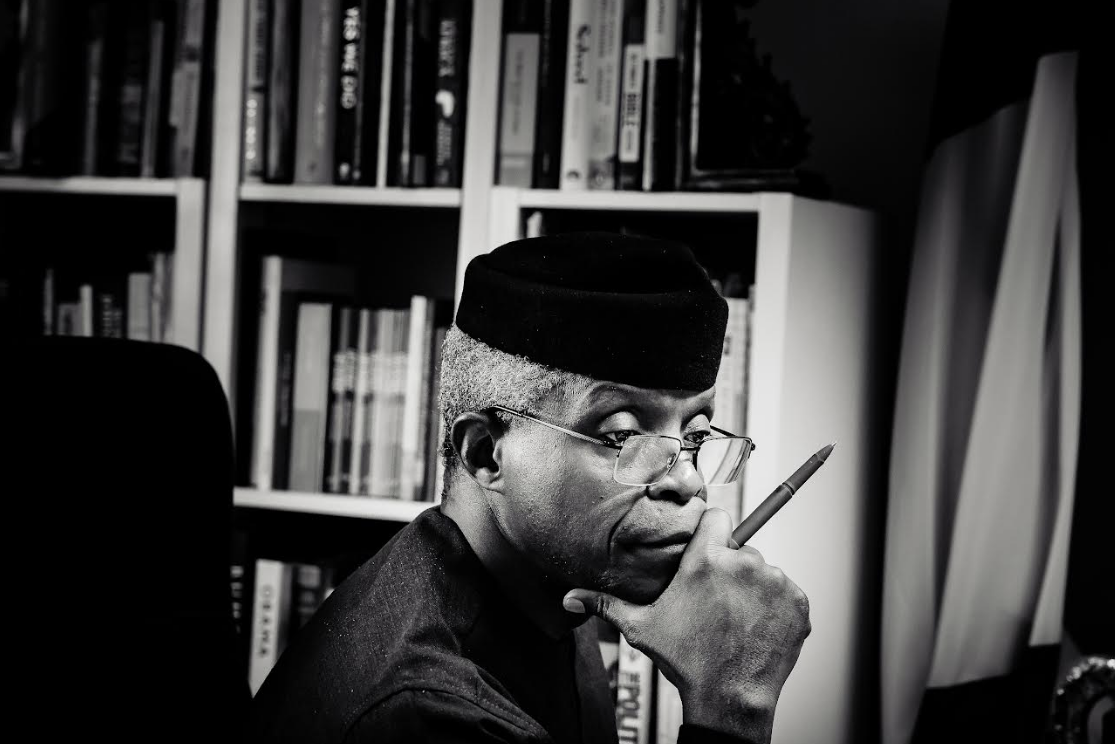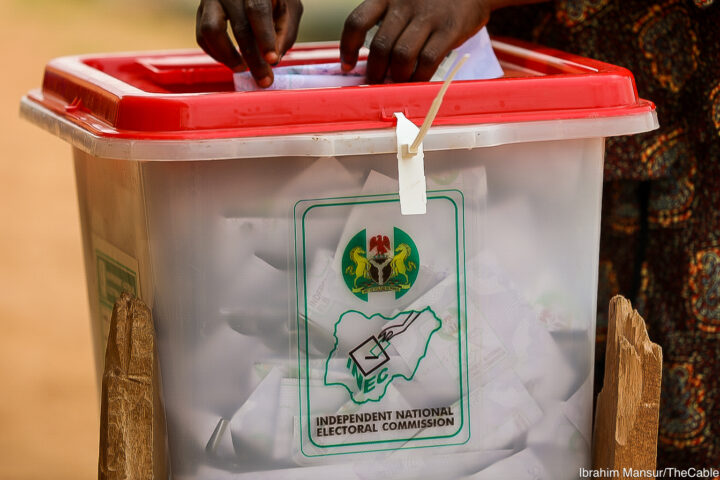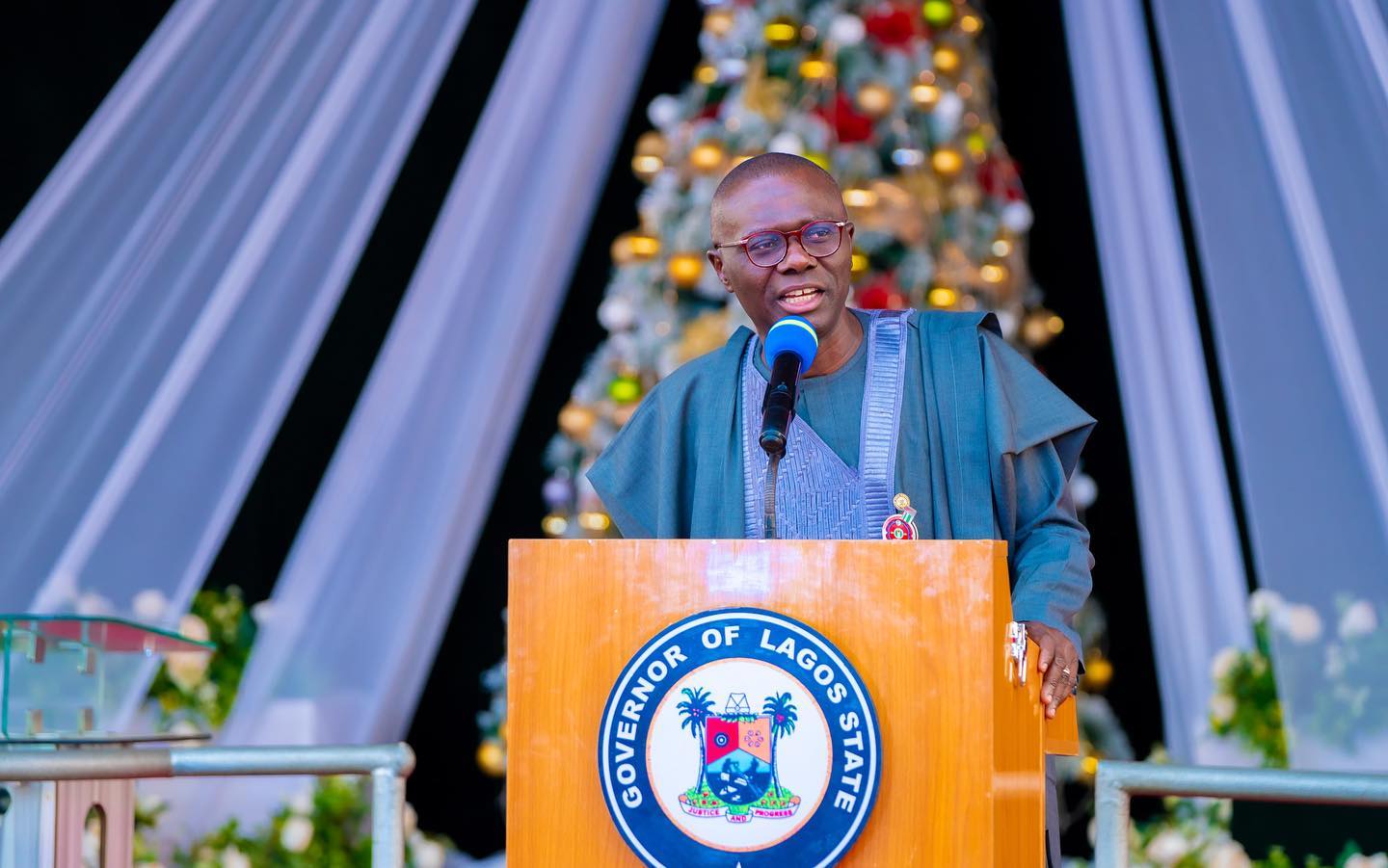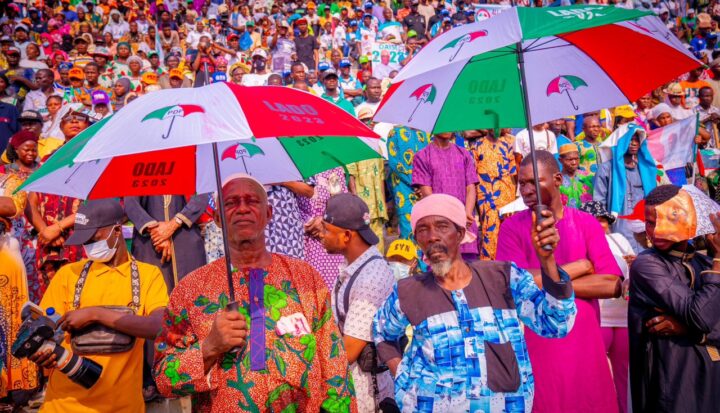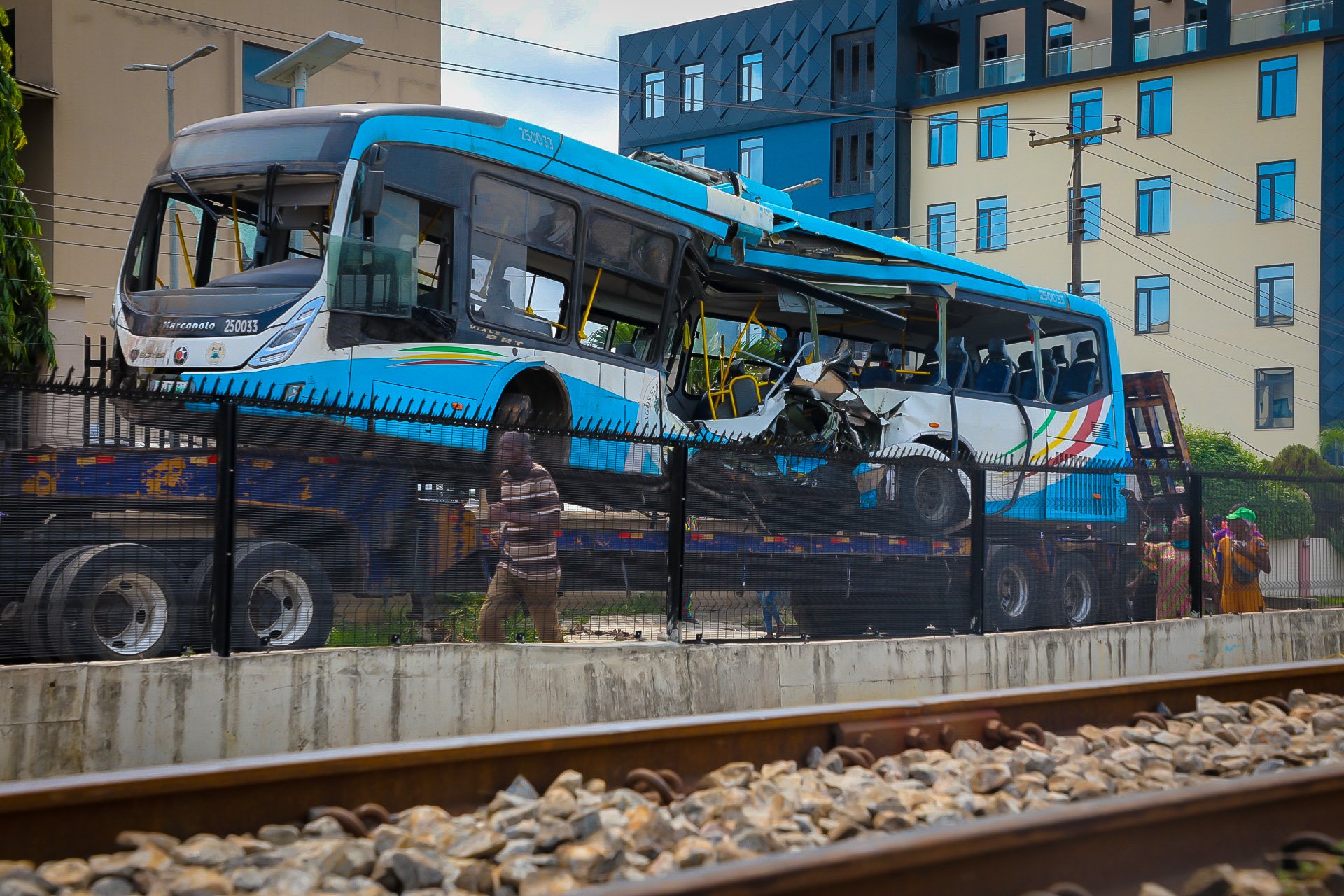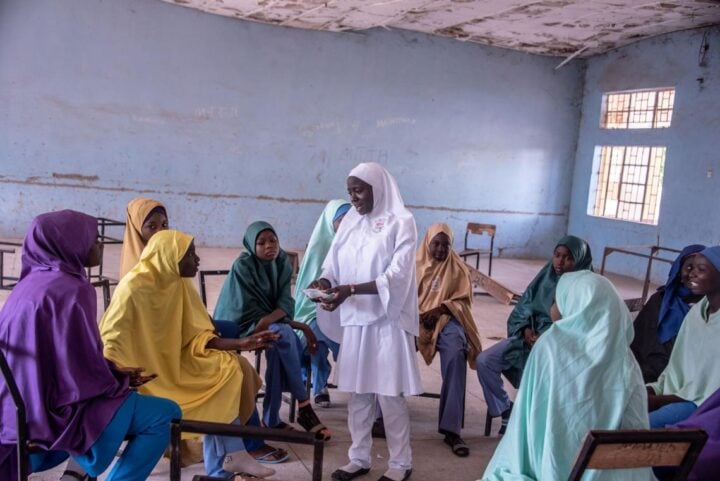Sometime in June last year, following the emergence of Asiwaju Bola Ahmed Tinubu (a Muslim by faith) as the presidential candidate of the ruling All Progressives Congress (APC), the media was awash with speculations as to which part of the country he would pick his running mate from, and who would he pick? Would he choose a Christian, or a Muslim, from the north or south? When the grapevine had it that there is a likelihood of the ruling party fielding a Muslim/Muslim ticket in the 2023 presidential election, the political adrenaline of those who use religion to achieve political ends went out of the roof. The insinuation of the “Islamisation Agenda” became rife. The popular question then was, “how would the president be a Muslim, and his vice president would not be a Christian, and vice versa?”
If there is anything Nigerians have mastered most in realpolitik, it is the “politicisation of religion”, and “religionisation of politics”. Meanwhile, irrespective of the religious affiliation of the person in government, the consequences of (mis)governance do not select victims along the line of religion or ethnicity. For instance, a road that is pothole-ridden does not verify the religious affinity of a car’s owner before damaging the shock absorbers or destroying the wheel balancing.
That, nevertheless, does not stop the ethno-religious bigots among us from succumbing to their base instincts, any time such a matter comes up. They strike “the fear of domination by one religious group over the other”, into the hearts of the people. I am not saying they do not have a basis, or bases, for expressing such fear. In fact, there is a trailer load of reasons to be scary of such a possibility, based on some of our recent experiences, but the major snag in doing so is that, it is usually done for selfish and parochial reasons – reasons that are self-serving and non-altruistic. It would, nonetheless, be foolhardy of anyone to try to deny the place of religion in our political permutations.
As though, he was intent on calling their bluffs, Tinubu went ahead to choose a fellow Muslim in Senator Kashim Shettima, the immediate past Governor of Borno State, as his running mate. That led to so much internal wrangling within APC such that some regional leaders of the party who are Christians in the north threatened to quit the party and eventually did. The party’s Christian stalwarts like Daniel Bwala, Yakubu Dogara, Babachir Lawal, among others, all defected to different opposition parties, in protest. This was as much as the controversy it generated across the nation. Meanwhile, the argument by those who see nothing wrong in the mono-religious ticket is that this is politics, and there is a need to win an election in order to be in power, so as to implement the party’s political ideology. To actualize this, they needed votes, and the Muslim North has that vote. They, therefore, maintained that it will amount to a political harakiri, should APC go ahead and choose a northern Christian as running mate to Tinubu, in the inevitable case of a southerner Muslim (which Tinubu is) emergence as the candidate of the party. They feared the possibility of a “protest vote” by Muslims in the North for Atiku, against Tinubu.
Advertisement
In the south too, it was a no-brainer that voters from Christian-dominated, South South, and South East regions will go for a party whose ticket is inclusive of a Christian, either as the presidential candidate or running mate. Then emerged, the Labour Party candidate, Peter Obi, a Christian from the South East – a region that is yet to produce a president in the post-civil war era. The People’s Democratic Party (PDP) also did their own calculations and picked their presidential running mate in the person of Ifeanyi Okowa, the incumbent governor of Delta State, as Atiku Abubakar’s running mate. The die was then cast. The war of rhetoric began, and all the parties mobilised their respective “internet warriors” to defend their positions. It then appeared as if candidates no longer contested on the platforms of political parties but under the auspices of religious communities. Religion has never been this deployed in any electioneering in the country.
But the presidential election has come and gone. Votes have been cast. The winner had been declared Asiwaju Bola Ahmed Tinubu of the APC who polled over eight million votes to defeat his closest rival, Atiku Abubakar who polled a little less than seven million votes. The most surprising part is that it never looked like Nigerians remembered anything about Muslim/Muslim, Christian/Christian, or Christian/Muslim tickets again. The results from Ekiti, Ondo, Rivers, and Benue which are Christian-dominated states show that the majority of the votes in each of the states went to the party with a ticket devoid of religious pluralism – APC (without a Christian being either the candidate or the deputy). Then in Katsina State, a Muslim-dominated State, one would expect the votes to favour the party with a Muslim/Muslim ticket, but that was not the case, as Alhaji Atiku Abubakar of the People’s Democratic Party (PDP), with a Christian running mate, won. Not even the fact of President Muhammadu Buhari being an indigene of the state, or the sitting Governor being of APC, was able to sway the votes in favour of the APC, and its candidate. With all these, I find it very tempting to say that, we over-rate the influence of religion in our national politics. I am not saying religion does not play a role. It surely does. But the degree of the impact is what I believe we over-hype. The kind of intergroup hostility it engenders in Nigeria is so much that, someone once said, “religion is our problem in this country”. But I countered him, saying, “nope”. Rather, we’re the problem of religion in this part of the world”.
In places where they have a state religion, like in the Middle East, and Euro-America, they still give much room to accommodate other religions. Look at Jude Odion Ighalo, a Christian, and a Nigerian international footballer playing professionally for a club in the Saudi Arabia league. He is living and earning his livelihood in the oil-rich kingdom, a predominantly Muslim country. Ditto for Cristiano Ronaldo, a Portuguese international and a Christian. It is not different from how countless numbers of Muslims live and earn their livelihoods in the UK, the US and other predominantly Christian countries. But here we are in Nigeria, where it is even stated emphatically in our constitution – Section 10, that: “The government of the federation or of a state shall not adopt any religion as state religion”. Yet, hardly can we take any political or economic decision, without it being coloured by religion.
Advertisement
But I could remember, I predicted that the 2023 presidential election, would demystify so many myths, especially, religion and ethnicity, as they affect our politics, and electioneering in Nigeria. We’ve seen how much impact religion has on our politics, with the results from the states above. That of ethnicity is visible to the blind in Lagos, a traditional stronghold of the APC and the “home turf” of its presidential candidate – Tinubu. An Igbo man, Obi of the Labour Party, won against all expectations. Many expected him to make a minimum of the required 25%, but no one saw it coming that LP would win. PDP, the largest opposition party in the land, tried for more than two decades, to penetrate Lagos without success. But here comes “Peter Obi”, and his Labour Party, who barely had time to organise for the election, without giving “Shishi” yet, defeated the landlord of Lagos politics. This incident of surprise might just have changed the complexion of Lagos politics, for years to come. A new sociology of Lagos politics is evolving, and every stakeholder, and spectator needs to wake up and smell the coffee. Tinubu, however, won in some states in the North, where Atiku was expected to, as a matter of simple arithmetic “Ọmọ Onilẹ”, win. The same thing happened in Plateau state. Obi won convincingly. In Rivers State, Tinubu, a Yoruba man with a Kanuri running mate, won. This is a state, that Governor Nyesome Wike had, about a couple of years ago, unapologetically, declared a “Christian state”. Yet, they voted massively for a Muslim/Muslim ticket.
Has it not been clear to every one of us now that religion is not our problem, rather, we’re the problems of religion in this country? We mix it with partisan politics, which they say, is a dirty game, yet we want it to end well. We must be eternally grateful to the 2023 presidential election, for giving those who have taken Nigerians for granted, (using religion to manipulate the masses and set us up, against ourselves) a reality check. They have for decades used ethnicity and religion to hoodwink us into hating our compatriots from other regions, rabidly, while remaining friends with people of their class from other regions and religions.
Now, back to the crux of this piece. I am pleading with those who were supporting a presidential ticket lacking in religious pluralism, emphasising capacity to deliver, to endeavour to do the same – support it, when the table turns, we have a Christian/Christian ticket. The same goes for those who condemn it. If you condemn such a religious lopsidedness now, when the table turns, and it is Christian/Christian, you must also endeavour to condemn it. That is called “consistency”. With that, you might, inadvertently, be building a structure for the evolution of a culture of ideology-driven politics. Politics, devoid of prebendalism. Politics that abhors rent-seeking, and patronage.
Abubakar writes from Ilorin. He can be reached via 08051388285 or [email protected]
Advertisement
Views expressed by contributors are strictly personal and not of TheCable.

